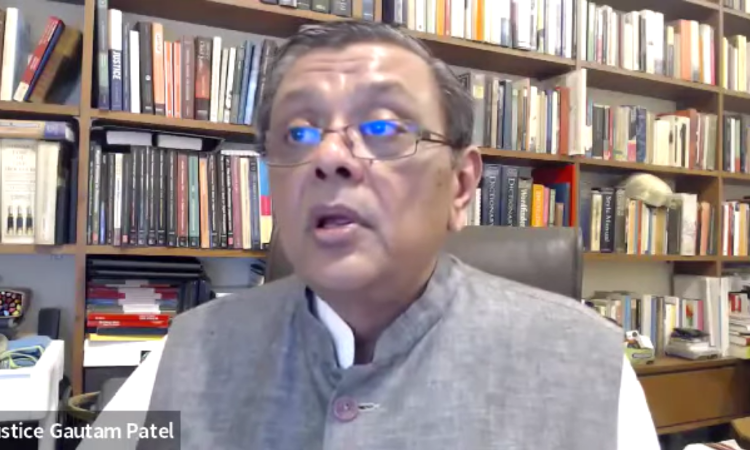Illiberalism Biggest Threat To Constitutional Democracy : Justice Gautam Patel At Constitution Day Event
Sneha Rao
27 Nov 2021 9:21 AM IST

Next Story
27 Nov 2021 9:21 AM IST
Speaking at an event celebrating Constitution Day 2021, Justice Gautam Patel of the Bombay High Court noted that the text of the Indian Constitution does not contemplate anything as "too much dissent". Justice Patel was speaking at The Leaflet's Constitution Day Talk titled 'Undermining the Idea of India: Which way forward?'.The judge drew attention to the 'Idea of India' as envisaged by...
